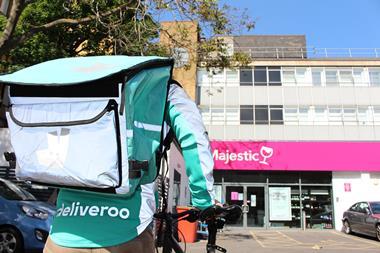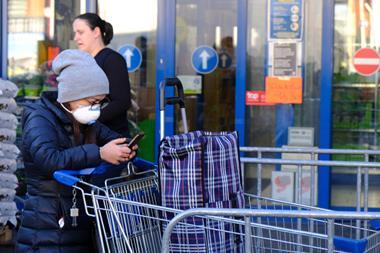The coronavirus crisis will “exacerbate” UK retail’s £5.2bn returns problem as more and more people shift their spending online, experts have warned.
Online payments provider Openpay said it has “never been more vital” for retailers to tackle the increasing volume of returns, at a time when businesses have had to extend their returns policies during lockdown.
It comes as new research from Openpay revealed that £5.2bn worth of goods purchased online in Britain are being returned every year.
More than one in 10 shoppers surveyed admitted they made purchases with returns in mind, intentionally buying more items than they intended to keep.
In Openpay’s Diminishing Returns report, 28% of shoppers said retailers “make it too easy to return things”, therefore encouraging purchases of additional items. However, only a quarter of shoppers said they would purchase less if retailers started charging them more for returns.
Almost a third of Gen Z consumers said they felt pressured into buying things they had seen endorsed on social media, while 12% of them said they didn’t like to recycle outfits as a result of social media perceptions.
But 43% of Brits said they were conscious of the amount of waste created from return products.
Openpay UK managing director Andy Harding said: “Retailers have had no choice but to extend their returns policies to cope with the pandemic and we fully expect the ongoing crisis to exacerbate what is already an alarmingly high returns figure. This is an issue now more than ever, as returns are logistically complex and take up time and resources.
“Pre Covid-19 returns were already problematic for businesses, but with the added layer of a need for social distancing likely for months to come, there is another imperative too – reducing returns also reduces unnecessary social contact.
“It’s never been more vital to tackle the issue of returns and retailers should be educating their consumers on the impacts of their purchasing habits and strive to encourage more conscious spending.”
Harding added: “Our research shows that there is a consumer appetite for a revamp of the returns process, but it’s important that the industry now comes together to work towards driving down returns in a coordinated and committed way.
“It’s also crucial that the environmental impacts are kept front of mind when considering any new solutions as consumer awareness around this issue continues to grow.”


























No comments yet